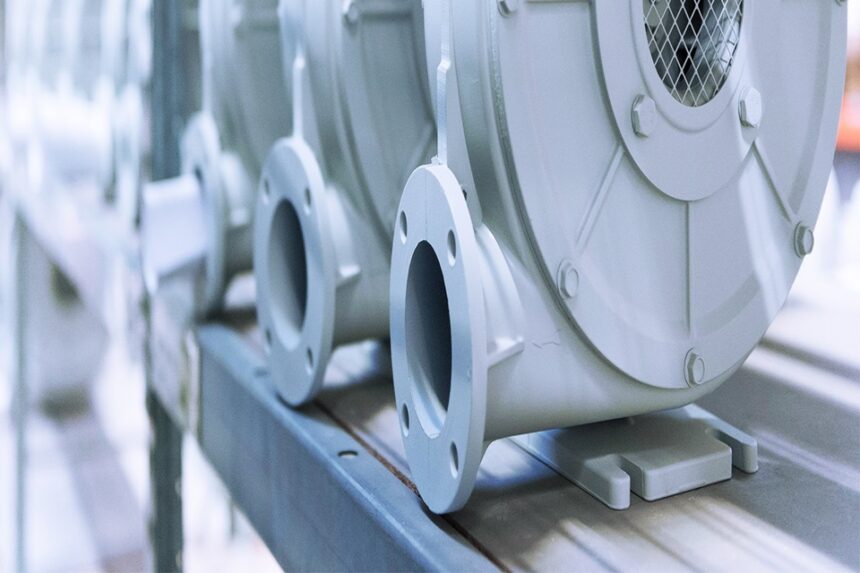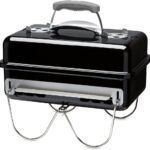In the industry, the most important thing for getting work done is having equipment that works well and you can trust. Many types of machines are used in this sector, but one kind stands apart because it has versatility and effectiveness – centrifugal blowers. These appliances are essential for a wide range of tasks. They help move air and other gases through different systems and processes.
Now, let’s explore the main benefits of centrifugal blowers in meeting industrial requirements and how they are becoming more popular as the preferred choice for businesses striving towards operational excellence.
Unparalleled Efficiency
First, centrifugal blowers are celebrated for their efficiency. Their design converts rotational kinetic energy into air movement. As a result, these machines achieve their primary function with minimal energy loss.
This efficiency helps with operational performance and results in important cost reductions. Since energy use is usually a big expense in industrial work, keeping the output high but input low is very valuable.
Versatility in Application
Centrifugal blowers have one more benefit, which is their versatility. They can deal with different airflows and pressures, so they are useful for a wide variety of jobs. If it’s about ventilation, dust gathering, chilling or pneumatic conveying – there will be a centrifugal fan setup that suits your needs.
Their flexibility makes them useful in numerous fields, like manufacturing and farming. It also guarantees that you can customise them for particular operations.
Durability and Longevity
Industrial environments can be rough, needing machines that work constantly and in challenging situations. Centrifugal blowers are made for this. They have a strong build and top-notch materials, allowing them to handle industrial usage with little damage or wear. The blowers’ long-lasting strength helps keep them working well for longer. It also lessens how often you need to change them, thus saving money.
Moreover, their design minimises the risk of damage from foreign objects, ensuring stable operation even in less controlled environments.
Low Maintenance Requirements
The simple style of the centrifugal blower design adds to its effectiveness and strength but also keeps maintenance needs low. These appliances have fewer parts that can wear out or break, reducing how often they need repairs and care. This benefit is especially good for industries where time without working could cause financial problems. Most of the time, these blowers only need regular and simple maintenance to function without any interruption.
Improved Safety and Health Conditions
Centrifugal blowers have a significant impact on making workplaces safer and healthier. They aid in managing pollutants, dust, and other dangerous substances by moving and filtering air effectively. This effect greatly enhances the quality of air available. This ability becomes extremely important in sectors where workers must inhale clean and safe air.
Additionally, centrifugal blowers promote enhanced production and worker satisfaction by aiding in creating pleasant work environments.
Sound Performance
In the context of noise pollution, which is now more prevalent within industrial areas, the sound performance of centrifugal blowers becomes another advantage. These blowers’ designs focus primarily on working with very little noise, thus aiding in creating a nicer and less disturbing work atmosphere.
For operations where the noise level is important, you can have centrifugal blowers with sound-dampening elements to lower acoustic output more.
Conclusion
The benefits of centrifugal blowers for industry are varied and vital. They provide a complete answer to various industrial uses. As companies look for methods to enhance their operation’s efficiency, cut down expenses, and maintain the good health of workers, the role of these centrifugal blowers in industrial machines is set to stay crucial. The story of industrial success is likely to include centrifugal blowers more and more as technology and design continue advancing.













